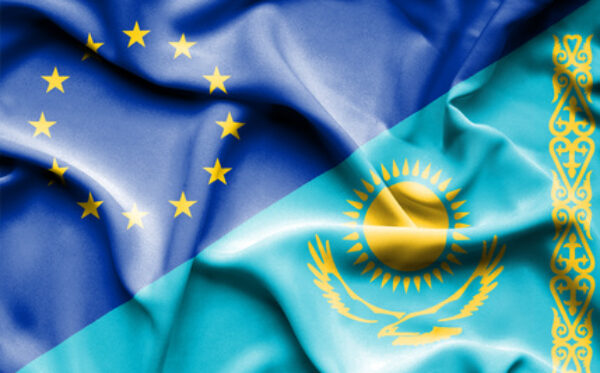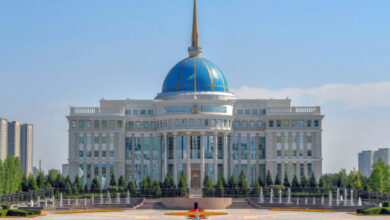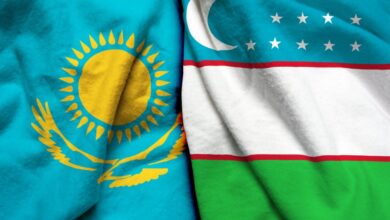EU remains one of Kazakhstan’s top trade and investment partners

The European Union remains the leading trade and investment partner of Kazakhstan, accounting for 30 percent of the country’s foreign trade, Turanews.kz reports citing Jibek Joly TV.
According to the latest data, during the first three quarters of last year, European companies have invested about US$800 million in Kazakhstan’s economy. EU Ambassador to Kazakhstan Kestutis Jankauskas announced this in an exclusive interview to Jibek Joly TV channel. He noted that the indicators of mutual trade over the past year have hit a record high. In the first 10 months of 2022, trade between the parties grew by 76 percent and exceeded 32 billion euros. The Head of the EU Delegation to Kazakhstan stressed that today the country imports and exports almost the same number of products to European countries and back, 75 and 77 percent respectively. In monetary terms, exports to the EU countries reached 24.3 billion euros in January-October last year. The EU export to Kazakhstan amounted to around eight billion euros.
“The EU countries have invested almost US$76 billion in Kazakhstan’s economy over 30 years. First, the funds were mainly allocated to the oil and gas industry. At the same time, mechanical engineering and other areas are also well-developed in Kazakhstan. Soon there might be high indicators in these spheres as well. However, energy now is the core product. In the future, electricity, green hydrogen, and all kinds of products that could be produced here using green energy may also receive major investments,” said Kestutis Jankauskas.
In turn, European countries remain top importers of Kazakhstan’s oil. About eight percent of oil consumed in the EU is delivered by Kazakhstan. Now Europe is keen to purchase another source of energy, namely green hydrogen. It is expected that the eco-friendly fuel will be produced on the territory of the Mangystau region in Kazakhstan. The large-scale project with investments attracted from Europe is planned to be launched in 2030.



